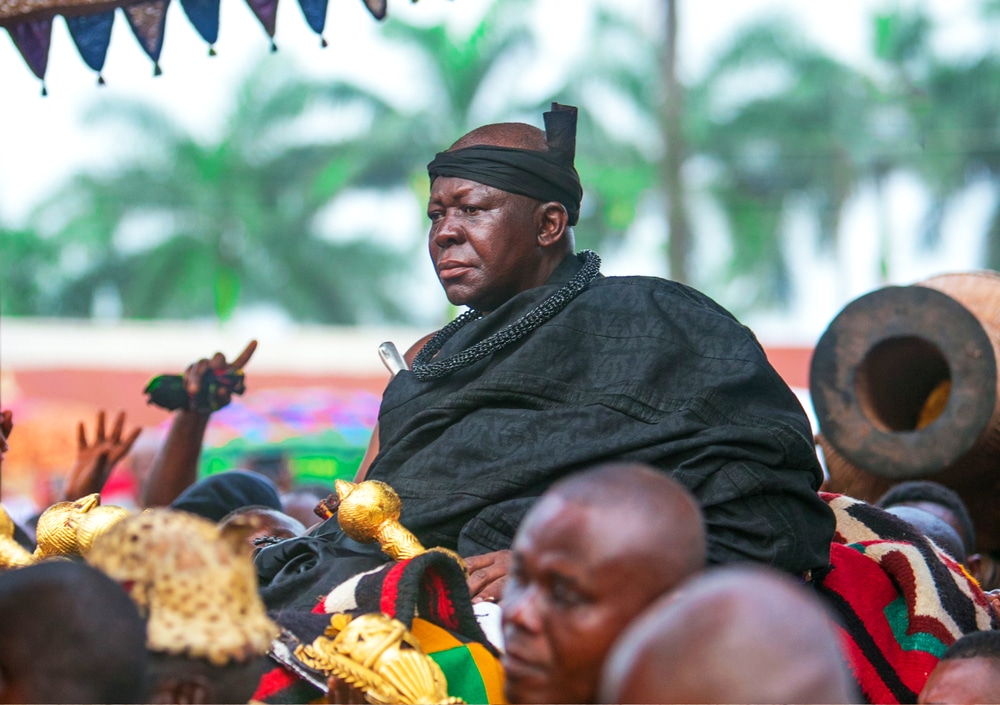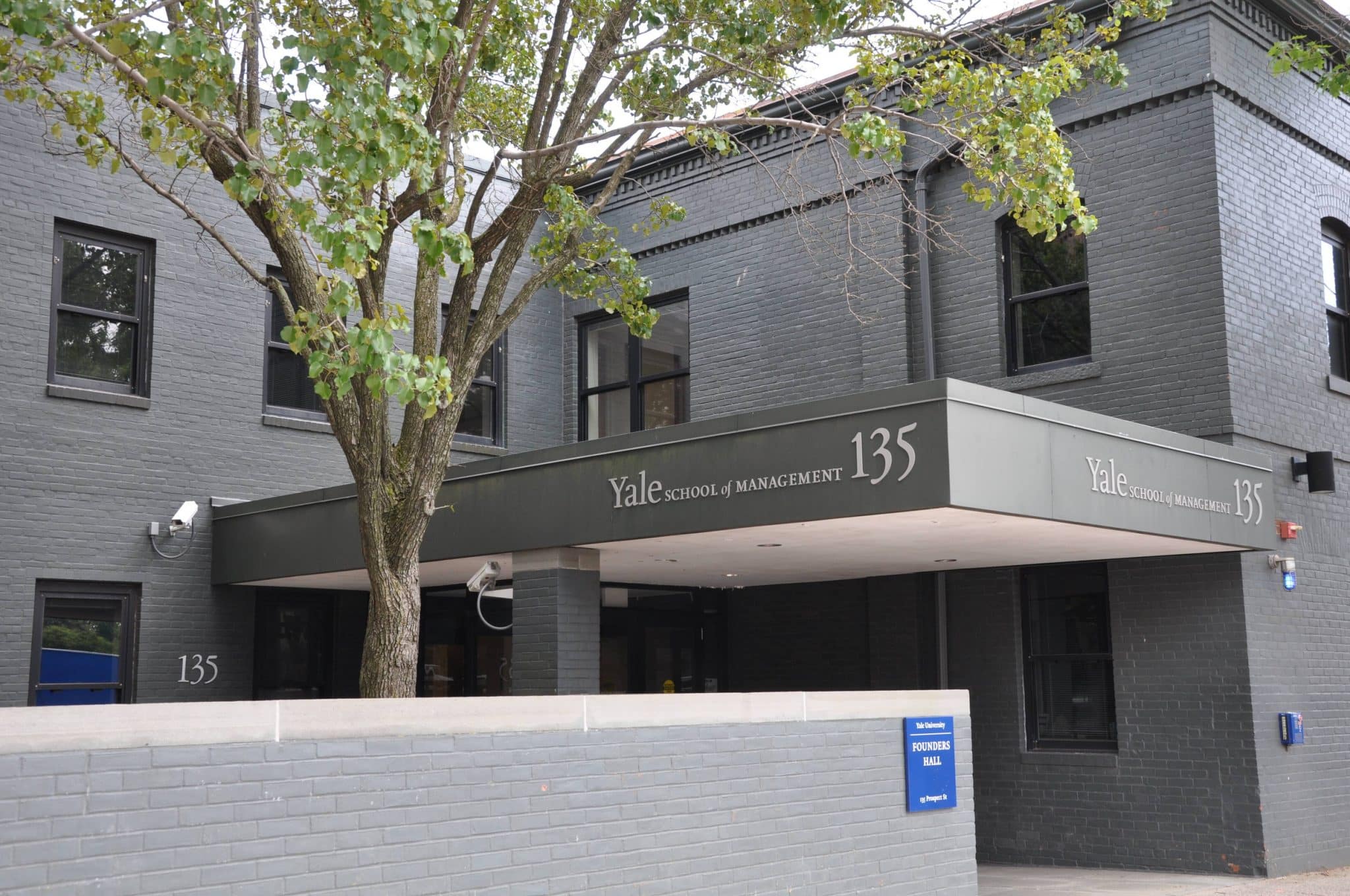Image Credit: Foto Accent Studios/Shutterstock.com
The Asante kingdom of Ghana has officially welcomed the return of seven royal treasures that were seized by British colonial forces 150 years ago. The artifacts, which include an elephant tail whisk, an ornamental chair, two gold stool ornaments, a gold necklace, and two bracelets, were previously housed at the Fowler Museum at the University of California, Los Angeles, since the 1960s. This event marks a significant milestone in the global movement to return cultural treasures to their countries of origin.
The return of these items coincides with the 150th anniversary of the British colonial forces’ sacking of the Asante kingdom in 1874. During this military action, several artifacts were taken, with three of them being part of an indemnity payment to the British. The unconditional return of these treasures is viewed as a crucial step towards addressing historical injustices and restoring cultural heritage.
The repatriation process has been underscored by years of advocacy against the retention of such artifacts by Western institutions. The return of the Asante treasures is seen by many as a symbol of resistance and a significant victory in the broader context of cultural restitution. This event not only honors the Asante kingdom’s rich history, but it also sets a precedent for other African nations seeking to reclaim their cultural legacies.
The director of the Fowler Museum has highlighted a shifting paradigm within the museum sector, emphasizing an ethical responsibility to act as custodians rather than mere repositories of art. This transformation reflects a growing recognition of the need for accountability regarding historical injustices related to cultural artifacts.
Despite this positive development, activists note that numerous other items remain unreturned, signaling ongoing efforts to address the legacy of colonialism. The successful return of these treasures serves as an encouragement for continued advocacy and negotiations aimed at comprehensive cultural repatriation.
Check out the original article here: Source link



